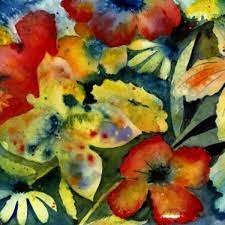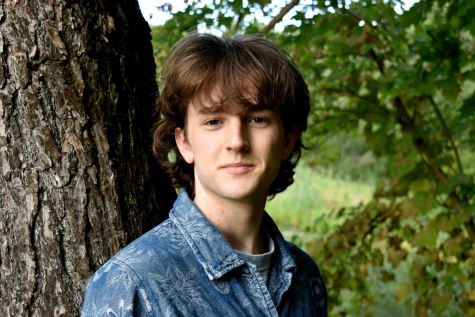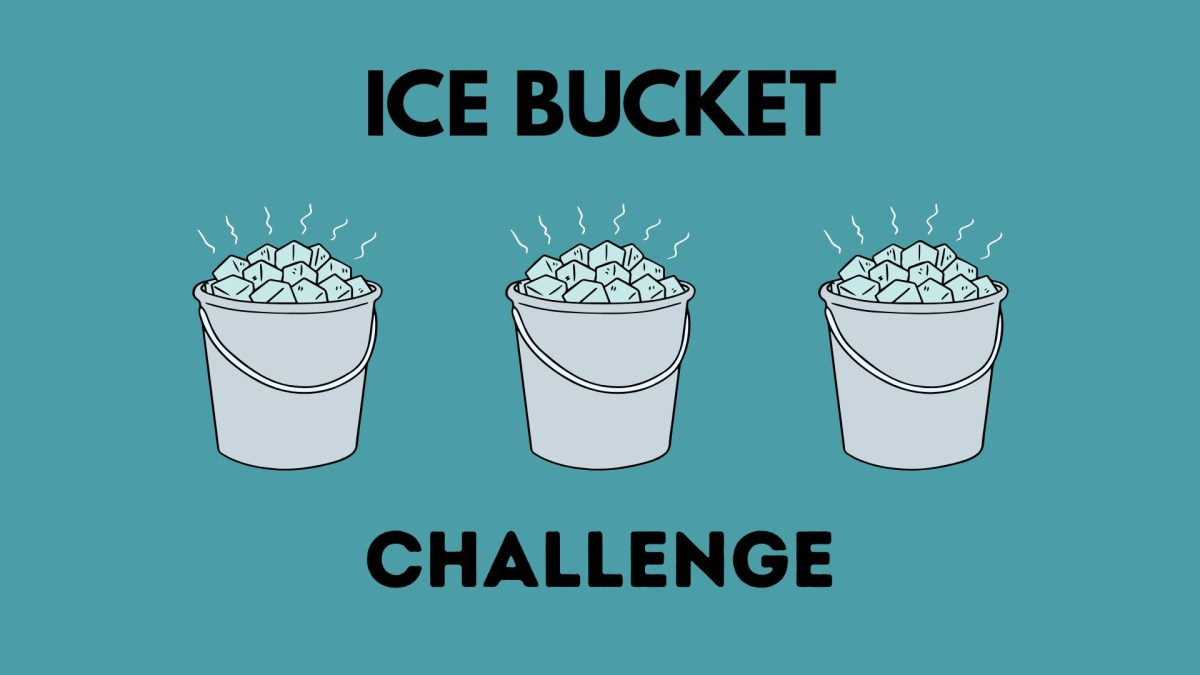Songs by Adrianne Lenker is a Modern Folk Classic and Lenker’s Best Work

September 30, 2022
A quaint cabin hides behind layers of foliage in the deep forest of rural Massachusetts. Woodpeckers splinter through layers of bark to uncover the bugs hiding in each crack and crevice. Silence fills the tranquil scenery, with the exception of the faint chirping of chickadees and the peaceful strum of a guitar coming from within the cabin. This is where Adrianne Lenker recorded her 2020 album, Songs.
Adrianne’s most stripped down album comes from the most stripped down setting. She contrasts her work with the band Big Thief, which features a plethora of instruments, but Songs is simply Lenker, her guitar, and the faint sounds of the wildlife outside the isolated cabin.
The emotional setting of this album is immediately set with the second track, Ingydar. Her series of potent imagery begins with the description of a horse being sucked dry by a group of flies. Its decomposing corpse lies in a shed and Lenker sings, “the juice of dark cherries covers his chin…Everything eats and is eaten, time is fed.” This line becomes more potent as the second verse describes her as having cherry juice on her skin which is followed by the lyric, “Six years in, no baby. Everything eats and is eaten”. This parallelism between the two verses paints the horse as a metaphor for a relationship that’s falling apart. The rotting shell of a horse that Lenker describes is the aftermath of a once thriving creature. Now it lays still and eats away at itself until it disappears. This is solidified by the idea that “time is fed” the flies eating away at the decomposing corpse is time eating away at Lenker’s relationship. As she consumes time with this person she sings of, time eats away at her until nothing is left.
The song Come serves as the beginning of the latter half of the album, which is somehow even more heart wrenching than the first. Immediately this song puts you in a physical space. You hear the trickling of rain bouncing off of the roof of the cabin as Lenker solemnly strums her acoustic guitar. The somber setting is established immediately. This imagery is utilized before Lenker even sings one word, and allows for the song to feel like a truly personal experience. Lenker references a daughter throughout this track, and earlier in the album she sang about her six year relationship not resulting in a child. The tone of this song is less of a longing for her partner, and more of a sentiment that she has given up her attempts to revitalize the situation. She sings, “Come, help me die, my daughter” which again nudges me to the earlier reference to a child. It seems as if the hope for a child and happy family has passed; she felt a part of her also passed, even if it was only the thought of a daughter. She describes her peaceful death in the arms of her hypothetical daughter knee deep in salt water and sings, “Take my life into your life. Take a branch with your knife”. This stands out to me as Lenker has used animals as a metaphor for her own situation and now seems to be doing so with nature. She asks her daughter to take a branch with her knife twice throughout the song, and each time it is adjacent to a line about her and her daughter being joined together whether it be hand in hand or life in life. This hints at the idea that Adrianne is feeling one with nature and her time in the cabin has brought her to feel as just another branch in the vast forest.
The track Not a lot, just forever sees Lenker reminisce on a relationship, but this song hints strongly at a marriage. She describes the connectedness that a relationship this strong has in many ways; how her happiness is “tethered” to the joy of the other person, how the relationship is like a rock that stays strong and “bares the weather”, and descriptions of the relationship in the chorus are mostly positive. However, the title seems a bit tongue in cheek in some ways. The idea of forever can often be overwhelming, and by saying “not a lot, just forever” Lenker could be thinking of her mindset going into such a serious bind that she didn’t realize the gravity of. The first verse also describes the relationship as fairly rocky. Lenker paints a picture of her dog trying to “protect [her] infancy” from this partner. This song also includes more discussion of a child. She describes the desire to have a child with this person, and to be their wife. However the language surrounding this relationship is more negative than positive in the verse. In order to make this fantasy come true Lenker says she “holds [them] to [her] knife” and “steals [their] letter”. Both of these abstract ideas hold very negative connotations and may reveal that the relationship is on its last legs and not even a child could save it. The final verse ends with Lenker singing “Can’t get much better” which adds a grave sense of irony to the song. This ironic twist pictures a relationship that appears solid, but in reality it is being dragged on longer than is worth it. This somber tale of marriage continues to muddle this album with topics of heartbreak and the slow decomposition of love.
Although these are only three of the eleven beautiful pieces on Songs, they encapsulate the mood of the entire album. Its emphasis on nature, as well as working through trauma and the deterioration of relationships, is where it truly thrives.











